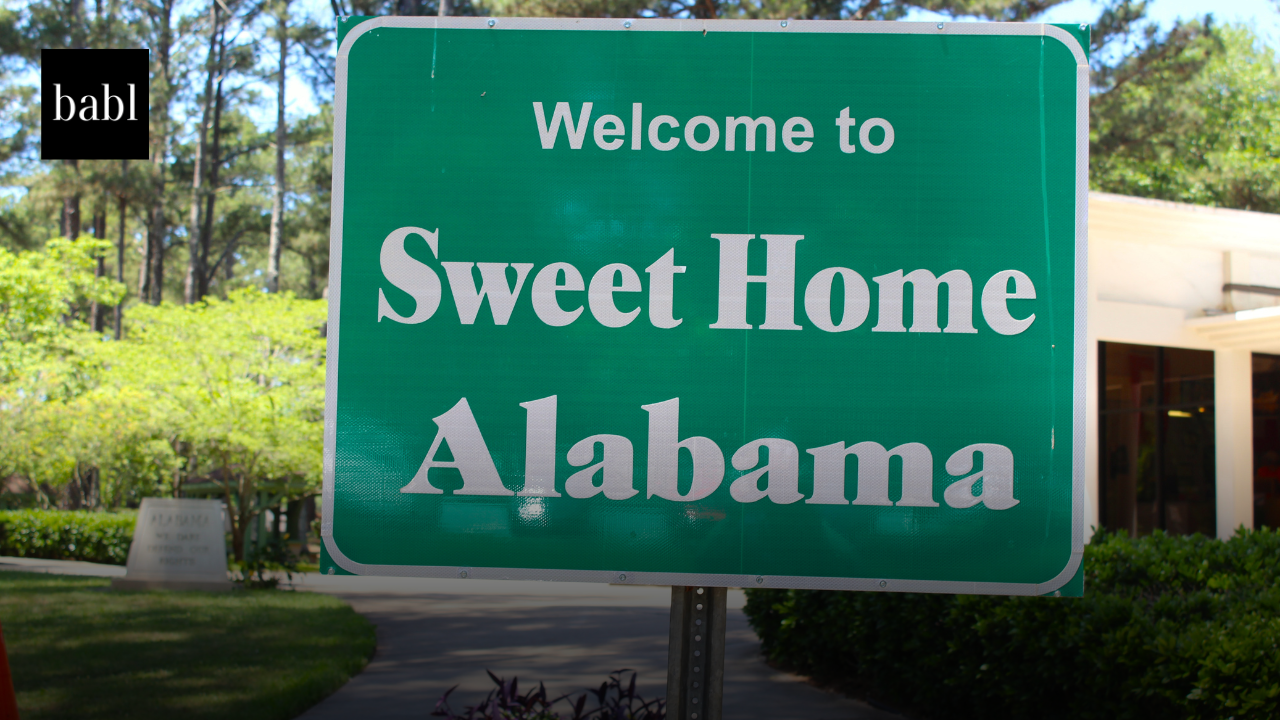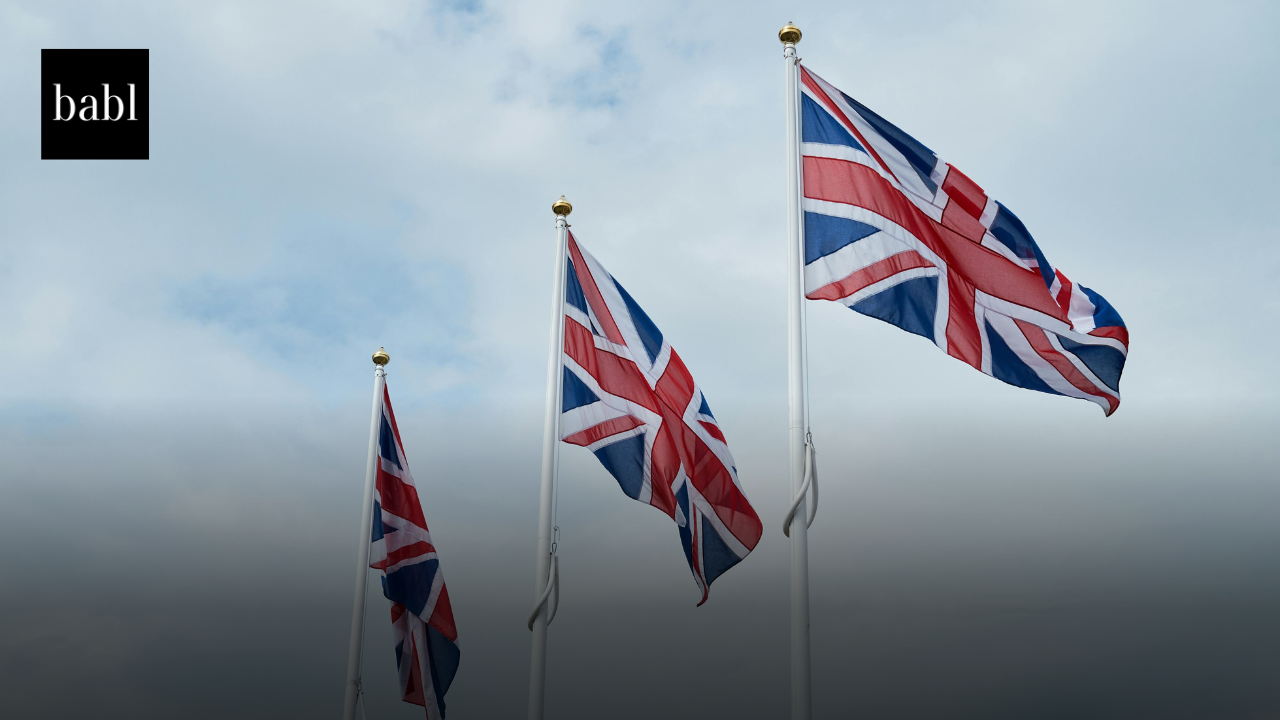UPDATE — AUGUST 2025: The Philippines has shifted from drafting digital election rules to actively enforcing them before the May 2025 elections. Candidates and political parties have been required to register all digital campaign platforms with COMELEC’s Education and Information Department. Hundreds of accounts had been logged. However, watchdog groups report that many partisan pages and influencers remain unregistered, posing early challenges to enforcement.
Task Force KKK sa Halalan has already issued show-cause orders against candidates and supporters. Particularly for failing to disclose the use of AI in campaign materials. Some manipulated videos and AI-generated ads were flagged by fact-checking groups and subsequently investigated. COMELEC entered into agreements with Meta, TikTok, and YouTube, creating review channels to expedite takedowns of harmful or undeclared content.
COMELEC issued clarifications requiring visible labels or watermarks on AI-modified images and videos and spoken disclaimers for synthetic audio content. It also emphasized that influencer endorsements tied to campaigns must be disclosed and reported as part of campaign spending. Despite these efforts, enforcement remains uneven, and COMELEC faces the ongoing challenge of tracking covert AI use and the massive scale of online activity. Several formal election offense complaints had been filed, mostly against local candidates accused of coordinating bot networks or running fake accounts to amplify content. Civil society groups like Rappler, VERA Files, and Tsek.ph continue to play a crucial role in identifying violations.
ORIGINAL NEWS STORY:
Philippines Introduces New Guidelines on AI and Social Media Use for 2025 Elections
The Commission on Elections (COMELEC) of the Philippines approved Resolution No. 11064, a set of comprehensive guidelines regulating the use of artificial intelligence (AI), social media, and internet technologies in digital election campaigns. These new measures aim to promote transparency, fairness, and accountability during the 2025 national, local, and Bangsamoro parliamentary elections.
Regulating AI and Digital Campaigning
COMELEC’s resolution marks one of the world’s first national efforts to formally regulate AI in election campaigns. Empowered by Article IX-C of the Philippine Constitution, the Commission has outlined a framework designed to prevent AI tools and social media platforms from distorting voter perception or undermining the integrity of the electoral process. The rules require candidates, political parties, and supporters to disclose when AI technology is used in campaign materials. Whether in a video, image, or audio clip, voters must be informed if the content was generated or modified by AI. This requirement seeks to prevent manipulation, misinformation, and the circulation of fabricated media.
Mandatory Registration of Digital Platforms
All digital campaign channels—including social media accounts, websites, podcasts, blogs, and vlogs—must be registered with COMELEC’s Education and Information Department (EID). This applies not only to official accounts of candidates and political parties but also to privately run pages that aim to influence voter behavior. Failure to register can lead to content takedowns or legal penalties under the Omnibus Election Code. COMELEC’s Task Force KKK sa Halalan (Katotohanan, Katapatan, at Katarungan sa Halalan) is responsible for monitoring compliance. The task force coordinates with agencies like the National Telecommunications Commission (NTC) and the Cybercrime Investigation and Coordinating Center (CICC) to track and remove unlawful or misleading content.
Combating Disinformation and Deepfakes
A major focus of the new guidelines is combating AI-driven disinformation, particularly deepfakes and “cheapfakes.” These are synthetic or altered media designed to mislead voters by imitating real people or events. The resolution prohibits creating or spreading deepfakes, using fake accounts or bots to amplify false narratives, and coordinating inauthentic online behavior to influence public opinion. To maintain authenticity, campaign materials must include digital watermarks or cryptographic metadata that verify their source. These technical safeguards allow COMELEC and the public to confirm the legitimacy of digital content and trace its origin if altered or misused.
Oversight, Enforcement, and Penalties
COMELEC’s Task Force KKK has the authority to issue show-cause orders to individuals or groups that violate the guidelines. It may also request that social media platforms or internet service providers take down content that breaches election rules. The task force will work with law enforcement to investigate and prosecute offenders. COMELEC’s initiative reflects a growing recognition that AI and digital manipulation can undermine trust in democratic processes. By introducing these guardrails, the Philippines joins a small but growing number of nations that are confronting the challenges of AI in elections through regulation and transparency.
Collaboration and Voter Education
To strengthen enforcement, COMELEC plans to collaborate with major technology companies such as Meta, TikTok, and YouTube. These partnerships aim to create streamlined review channels for harmful or undeclared AI-generated content. The Commission also encourages citizen involvement. As well as working alongside civil society groups like Rappler, VERA Files, and Tsek.ph to help identify violations. Also, educating the public about digital misinformation. By enforcing these new rules, COMELEC seeks to create a safer and more transparent digital campaign environment—one where voters can make informed choices based on truth rather than deception.
Need Help?
You might be wondering how the Philippine’s AI guidelines, or any other government’s guidelines, bills or regulations could impact you. Therefore, don’t hesitate to reach out to BABL AI. Their Audit Experts are ready to provide valuable assistance while answering your questions and concerns.





